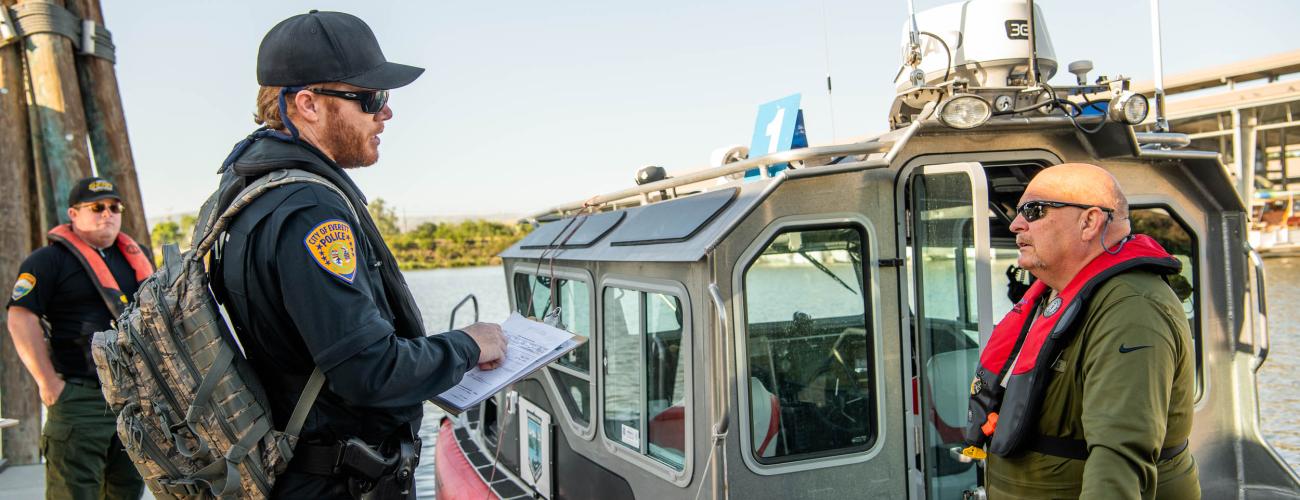

Recreational boaters and paddlers are required to know laws and regulations that apply to them out on the water.
State Park rangers, Fish and Wildlife agents, and other local authorities (PDF) enforce Washington's boating laws. The U.S. Coast Guard enforces laws on federally controlled waters.
Beyond the rules below, some waterways have additional equipment and operational restrictions. Before boating, check with the local sheriff's office or police department for local regulations.
To ensure your safety on the water as well as others, it is important to be familiar with the laws and rules covered in the Adventures in Boating Washington Handbook.
Take time to learn the regulations related to vessel length, capacity, proper fueling and how to secure a boat to a trailer. Learn the right way to launch a boat and familiarize yourself with navigational rules or what to do in bad weather and emergencies.
Operating a boat impaired is a danger to the public. In Washington state, operating a boat under the influence (BUI) is a gross misdemeanor and can result in a fine up to $5,000 and up to a year in jail.
The legal limit for operating a vessel under the influence of alcohol is .08. The legal limit for operating a vessel under the influence of marijuana is 5.0 nanograms.
Being alcohol-free is the safest way to enjoy the water. Boating excursion that do involve alcohol, need to ensure the skipper is sober and able to operate the boat. Skippers with trailerable boats should be the designated driver of the vehicle used for towing.
Remember the designated skipper must operate the vessel safely and exercise reasonable care for their passengers. Skippers have an obligation to keep all passengers safe.
This law applies to all boats, motorized and non-motorized, including, kayaks, canoes and rafts.